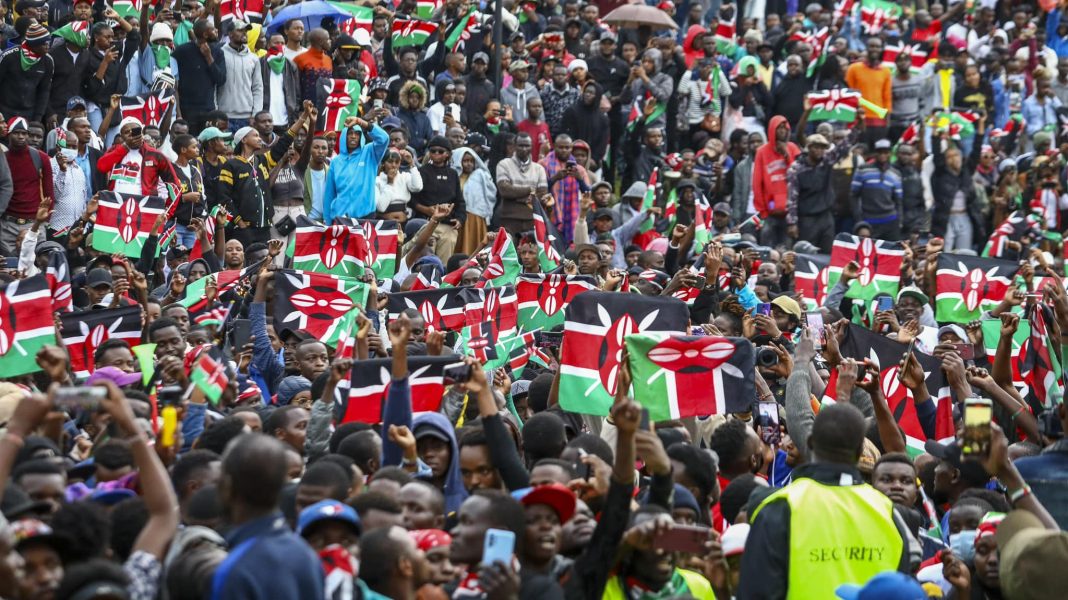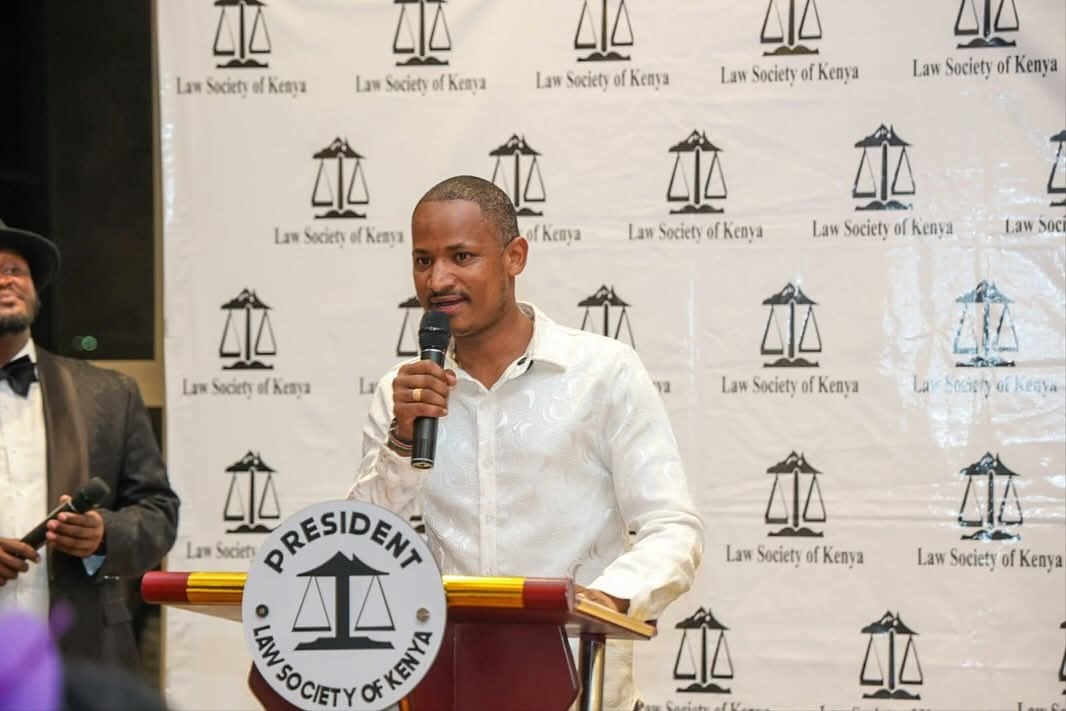Kenya’s youngest generation is poised to reshape the country’s political landscape, a new survey by Research 8020 has revealed.
The findings show that Generation Z, now forming more than half of Kenya’s eligible voters, is rapidly emerging as a decisive political bloc one that could determine the outcome of the next general election.
According to the study, conducted across all 47 counties between September 25 and October 16, 2025, former Interior Cabinet Secretary Fred Matiang’i, Embakasi East MP Paul Ongili Owino (Babu Owino), and former President Uhuru Kenyatta lead in national popularity.
Presenting the results, Research 8020 Director Antone Ndirangu said the poll sought to understand public sentiment on governance, national challenges, and preferred political leaders.
The survey found that 61 percent of Kenyans believe the country is headed in the wrong direction, compared to only 19 percent who feel it is on the right track. The remaining 20 percent remain undecided.
Across generations, 57 percent of Gen Z, 64 percent of millennials, and 63 percent of older respondents agreed that Kenya is on the wrong path. Counties such as Nyeri, Machakos, and Makueni recorded the highest dissatisfaction levels, while optimism was more pronounced in Uasin Gishu, Garissa, and Kajiado.
Respondents cited the high cost of living, unemployment, poor healthcare, and corruption as Kenya’s most pressing issues, with many calling for stronger governance and economic reforms.
Despite growing frustration, 91 percent of those polled expressed a firm intention to vote in the next election a significant increase compared to previous years. Among Gen Z and millennials, voter enthusiasm stood at 92 percent each.
With over 11 million young voters expected to register, the study estimates that more than 20 million Kenyans could head to the ballot if this trend continues.
Fred Matiang’i emerged as the most liked political leader nationally, followed by Babu Owino, Uhuru Kenyatta, and Nairobi Senator Edwin Sifuna. Others rated favourably included Ndindi Nyoro, Kalonzo Musyoka, and Martha Karua.
Paul Ongili Owino led in popularity among Generation Z voters, who preferred leaders they view as authentic, outspoken, and relatable a trend that marks a shift in Kenya’s political culture.
“If Generation Z united behind one candidate, they could easily decide the next president,” Ndirangu observed, adding that the youth’s influence is now too significant to ignore.
When asked who they would vote for if elections were held today, 24 percent chose Fred Matiang’i, edging out President William Ruto, who polled at 21 percent. Others mentioned included Babu Owino, Uhuru Kenyatta, David Murathe, and Kalonzo Musyoka.
The report concludes that Kenya’s democracy is entering a new era one defined by the voices, values, and votes of Generation Z.
“They are the future of Kenya’s democracy and that future is already here,” Ndirangu said.







https://t.me/iGaming_live/4869
https://t.me/s/ef_beef
https://t.me/s/reyting_topcazino/23
https://t.me/s/official_1win_aviator/521
https://t.me/official_1win_aviator/148